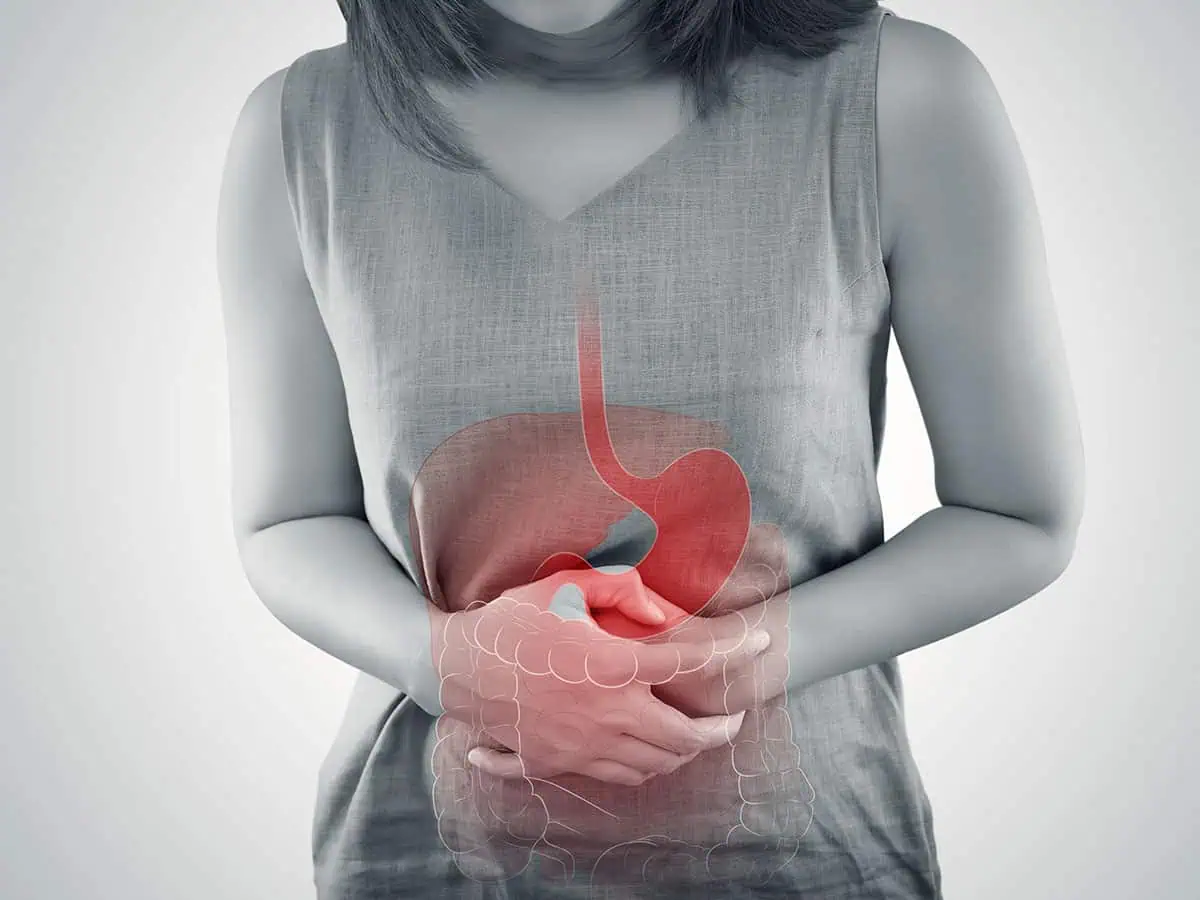
Issue 4/2025
Kotsev, I.
Gastroenterology Clinic, VMA, General Hospital – Varna
Antibiotic-related diarrhoea (ARD), antibiotic-related colitis) with three or more stools of unformed liquid faeces develops from a few hours to 2 months after initiation of antibiotic treatment. 1 in 5 people treated with antibiotics develop ARD. ARD is the result of the imbalance in the intestinal flora caused by antibiotic treatment. The most characteristic manifestation is the frequent defecation of watery feces during or after antibiotic treatment. ARD usually proceeds mildly, without fever, with a self-limiting course and passes without complications. The first healing activity requires interruption of antibiotic treatment and adequate hydration. Stopping antibiotic treatment usually causes diarrhea to pass. Treatment with intravenous infusions is rarely required due to dehydration. In many cases, hypomotility agents (Loperamide) can be beneficial. The best treatment includes probiotics to restore normal relationships in the intestinal tract: Lactobacillus bulgaricus and Streptococcus thermophilus, Lactobacillus casei DN 114 001, Lactobacillus rhamnosus GG, Saccharomyces boulardii, Bifidobacterium lactis BB-12. Bulgarian yoghurt contains Lactobacillus bulgaricus (Lactobacillus delbrueckii subspecies bulgaricus Grigorovi) and Streptococcus thermophilus. The use of probiotics containing Lactobacillus and Saccharomyces boulardii, together with antibiotics, has a powerful protective effect against the development of ARD. For mild cases of Clostridium difficile-related colitis, the following can be used as the first line of treatment: Vancomycin 4 x 125 mg per os for 10 days, Fidaxomicin
2 x 200 mg for 10 days, Metronidazole 2 x 500 mg per os for 10 days, and fecal microbiotic transplantation for relapses.
Address for correspondence:
Kotsev, I.
Gastroenterology Clinic, VMA, General Hospital – Varna
1, “Hristo Smirnenski”, Str.
9010, Varna
